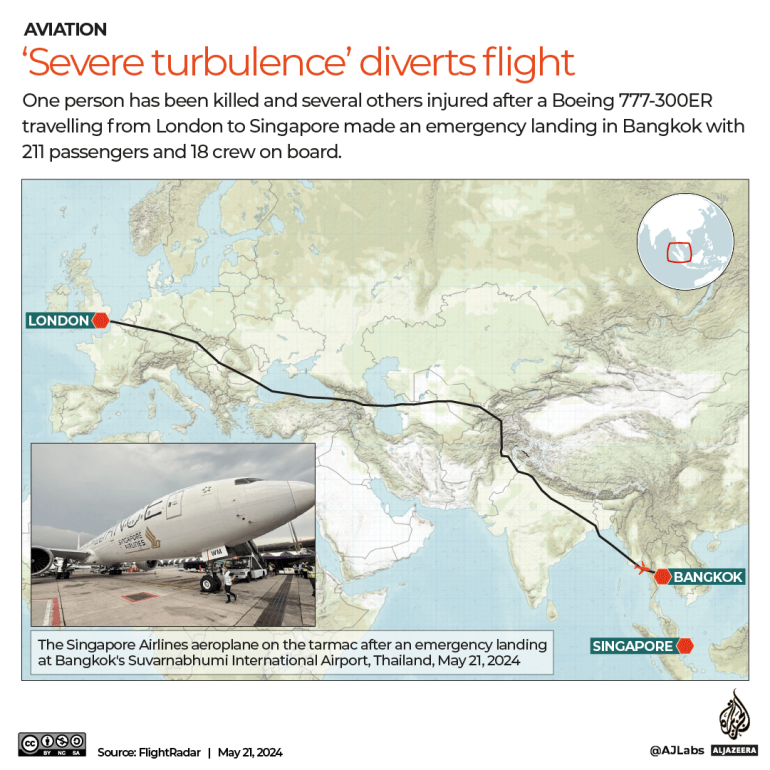From 2021 onwards, environmental sanitation standards will be made mandatory for various types of premises, starting with higher-risk premises with high footfall and immuno-vulnerable occupants such as childcare and eldercare facilities, schools and hawker centres. The National Environment Agency (NEA) has identified various sectors and will work with government agencies and key stakeholders to progressively implement the new requirements in phases.
Singapore is known to be one of the cleanest cities in the world, with a good environmental public health system. 9 in 10 residents are satisfied with the cleanliness of public spaces, and most feel the country is cleaner than five years ago1. Over the years, we have raised cleaning standards of our public spaces. For instance, after the SARS outbreak in 2003, NEA had put in place end-of-day washing and quarterly spring cleaning for our hawker centres. The multiple incidences of gastroenteritis that affected pre-schools in 2018 further highlighted the need for improvements to cleaning standards and we have studied best practices in other countries, such as Japan, on their sanitation regime to glean lessons for Singapore.
We have recently launched SG Clean to rally businesses and individuals to work together to keep Singapore clean and safeguard public health against COVID-19. We had also earlier launched the “7 Habits of Good Public Hygiene”, to remind members of the public about the importance of upholding good personal hygiene practices, and to instil a greater sense of responsibility within the community for the cleanliness of shared spaces. More can be done to strengthen our environmental sanitation controls beyond the current COVID-19 situation. To ensure that we remain resilient to public health threats, it is important to put in place good systems in various types of premises. To this end, NEA will enhance our controls in three areas: Culture, Standards and Ownership.

We want to instil a national culture of keeping Singapore clean so that owners or operators of premises are proactive in undertaking routine and periodic cleaning, including disinfection. Everyone must remain vigilant and do our part to ensure a high level of environmental hygiene and standards. This can be achieved by shifting from a Government-led approach towards a co-regulation approach where all stakeholders take accountability and ownership.
Strengthening Environmental Sanitation Controls
To collectively strengthen and level up our public health standards, the Environmental Public Health Act will be amended this year to introduce mandatory cleaning standards and place greater accountability on premises managers for the cleanliness of their premises.
- Premises managers will be required to carry out thorough periodic cleaning of their premises at prescribed minimum frequencies. In particular, the premises managers will be required to implement an environmental sanitation programme, listing areas that need to be cleaned and disinfected at regular frequencies. The cleaning will include the “back of house” areas such as bin centres, refuse holding areas and loading and unloading bays, which are often neglected.
- Premises managers will also be required to appoint a designated person, who would assist the premises manager to develop the environmental sanitation programme, provide advice on the appropriate remedial actions when necessary, monitor the programme for effectiveness, and keep cleaning and disinfection records.
In August 2019, NEA convened an interdisciplinary technical committee comprising members from academia, industry, and the Government to develop cleaning standards for routine cleaning and disinfection. The work is substantially completed, and NEA is currently consulting stakeholders on the details, and will soon move into the legislative and implementation phases of the work.
NEA has identified various sectors and will work with government agencies and key stakeholders to progressively implement the new requirements. The implementation will commence in 2021 in phases, starting with higher-risk premises with high footfall and immuno-vulnerable occupants such as childcare and eldercare facilities, schools and hawker centres.
NEA will be conducting extensive outreach, consultation and engagement with the various sectors to better understand their needs and requirements. As various sectors would have different needs and requirements, the cleaning standards and requirements would vary. NEA will work with stakeholders to calibrate the requirements to minimise compliance costs to premises managers. More details will be provided later in the year, when ready.
With the cooperation of owners and operators of the various premises, we aim to uplift and maintain a higher standard of cleanliness and hygiene, and better protect the health of the vulnerable segment in our population.
[1] Results from Public Cleanliness Satisfaction Survey in 2018.









